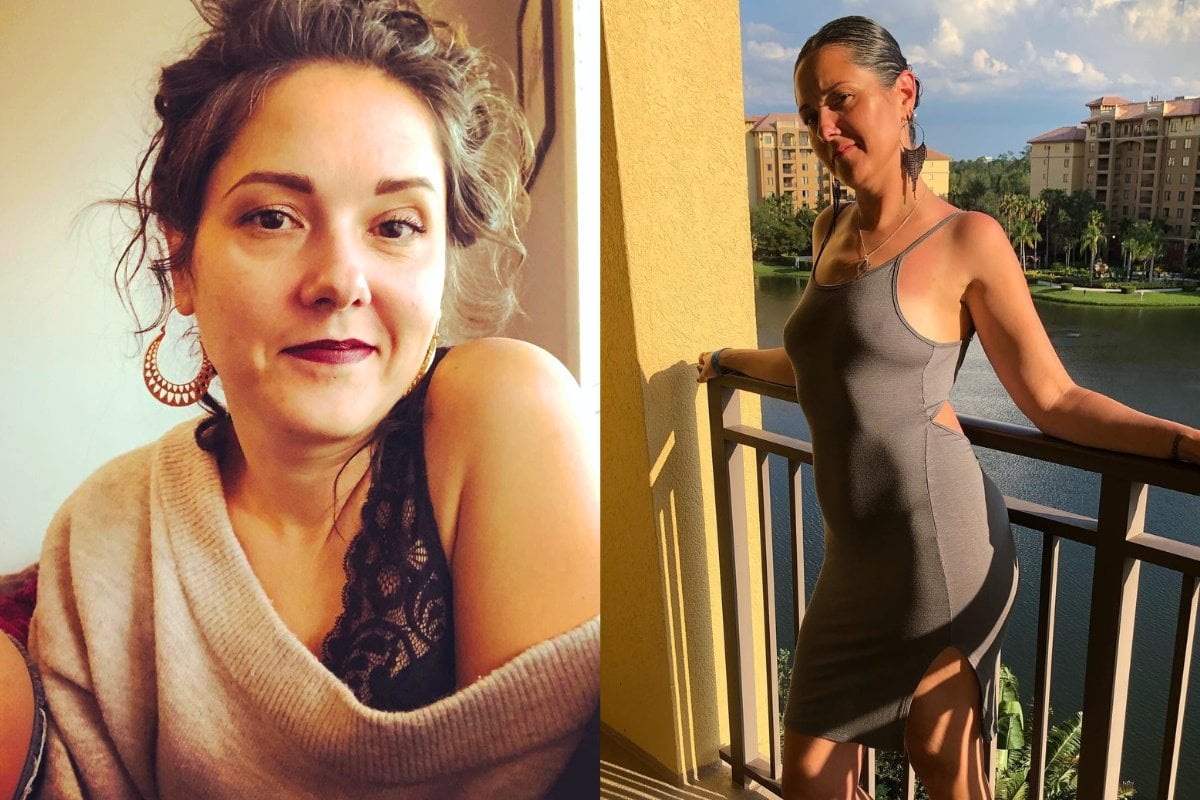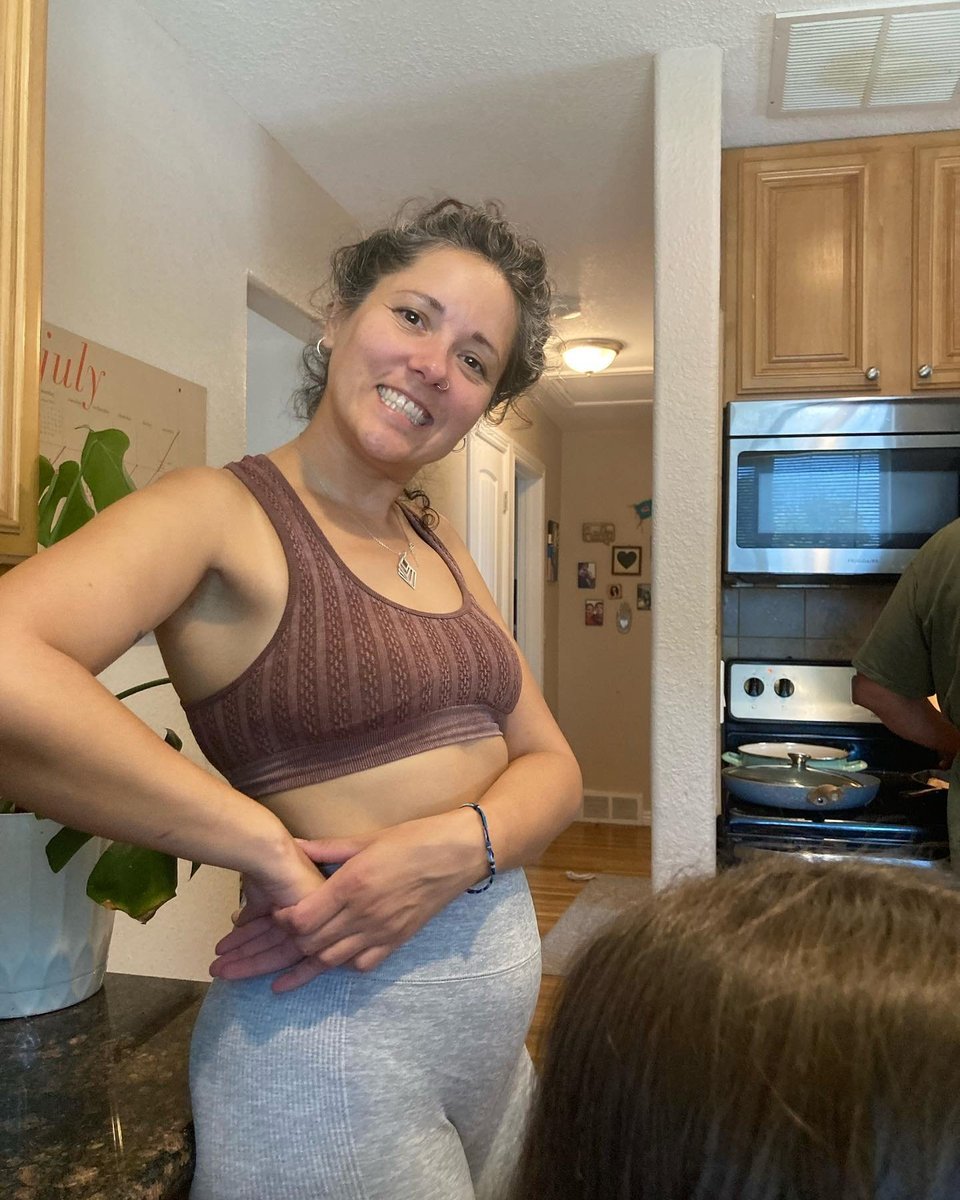
We've all doom-scrolled Nara Smith's curated home life, where she makes toothpaste from scratch, or secretly lusted after Ballerina Farm's thirty grand AGA cooker, where she makes warm bread and prepares fresh mozzarella.
We've wondered if life wouldn't be easier if we lived the SAHM life (stay at home mum, for those not in the know).
The tradwife movement has taken the world by storm, showcasing mums who cook from their gardens, give up their careers and treat their husbands like another one of their children, but is it all 'slow life, no worries', or is it more 'repressed and sad'?
There is increasing controversy surrounding the tradwife movement, after Ballerina Farm's Hannah Neeleman did an interview with The Sunday Times where she admitted to trying an 'amazing' epidural for the first time with her sixth baby but not not doing it again for the next two pregnancies. She agreed to the epidural when her husband wasn't present, and only admitted to it in the interview while her husband elsewhere on the phone.
It painted a less-than-ideal picture of the tradwife lifestyle: a successful Juilliard scholarship ballerina who married a rich conservative and gave up her city dream for a Mormon existence where she pops out endless kids without pain relief.
Listen to this episode of Mamamia Out Loud on the tradwife conspiracy here. Post continues below.
While Hannah has since posted an Instagram, exclaiming how much she loves her life, People spoke to another tradwife whose experience of that lifestyle was similar to the Times' portrayal of it.



Top Comments